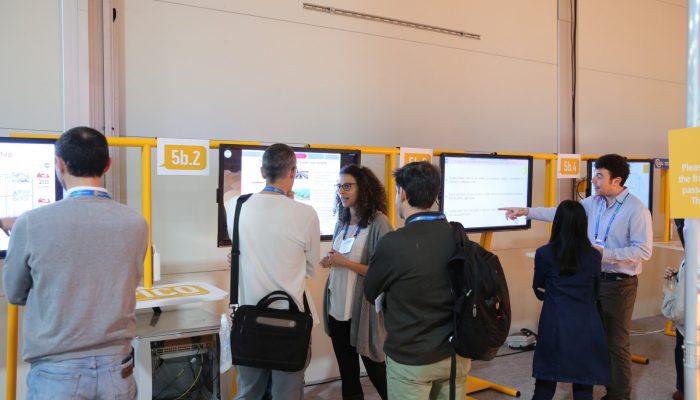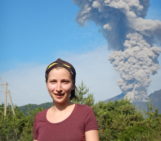
Every year at the General Assembly hundreds of students present their research at the conference with a lot of time and effort going into preparing these presentations. With the aim to further improve the overall quality of poster presentations and more importantly, to encourage early career scientists to present their work in the form of a poster, the OSP Awards (as they were formerly known), were born. Since the 2016 General Assembly, PICO presentations have been included in the Outstanding Student Poster Awards, which have been renamed to Outstanding Student Poster and PICO (OSPP) Awards.
“There are a thousand posters in a hall, and they are all competing for attention,” highlights Niels Hovius of GFZ, German Research Centre for Geosciences and a former OSP Judge for the Geomorphology Division, “so, you need to stand out a little bit.”
But, how can you make sure your poster or PICO is a great presentation which achieves that?
At the 2015 General Assembly we spoke to some of the judges and past winners of the award and asked them to share their thoughts on what makes a top poster presentation. We put their top tips together in this short video, which gives you a good idea of the key elements you ought to be thinking about when preparing your poster or PICO presentation.
If you are participating in OSPP, don’t forget to attach the OSPP label (blue SVG, blue PNG, yellow SVG, yellow PNG) to your poster board. Alternatively, you might include the label in the poster itself. If you participate with a PICO, you are kindly asked to add the OSPP label to your PICO presentation header.
The OSP awards are presented at the level of the EGU Programme Groups which in 2015 saw an improved way of signing up for the award and also judging of the presentations. A post from the blog archives also has full details of how the presentations are evaluated and you can also find detailed information about the award on the EGU website.
The EGU General Assembly is taking place in Vienna, Austria from 7 to 12 April. Check out the full session programme on the General Assembly website and follow the Assembly’s online conversation on Twitter (#EGU19 is the official conference hashtag) and Facebook.




